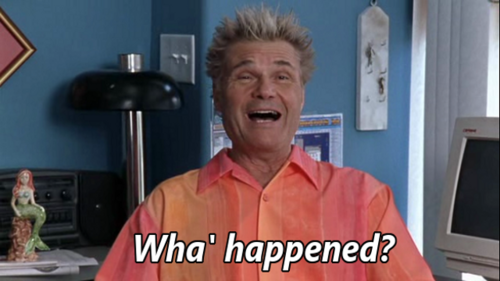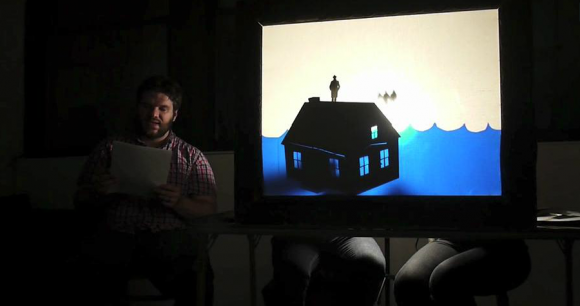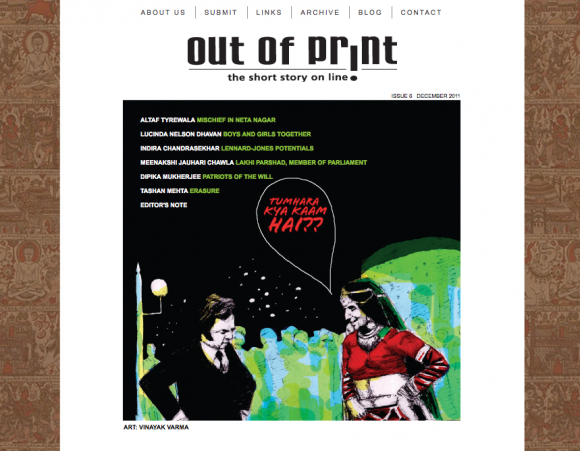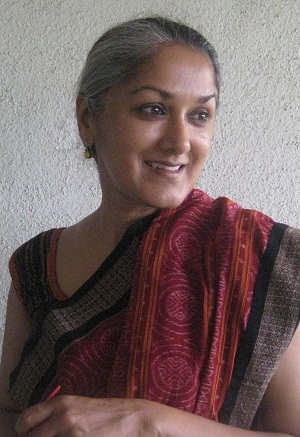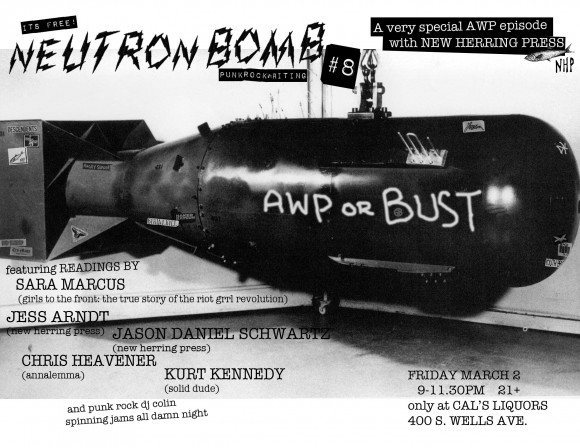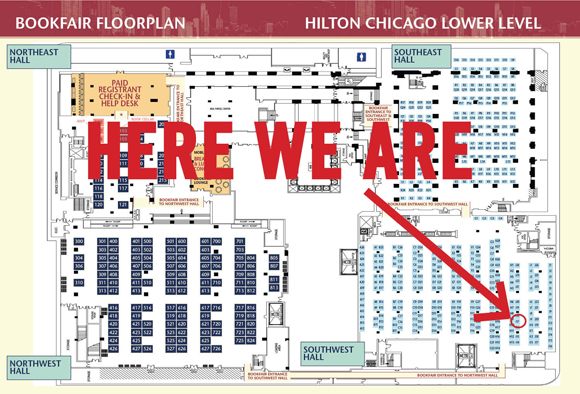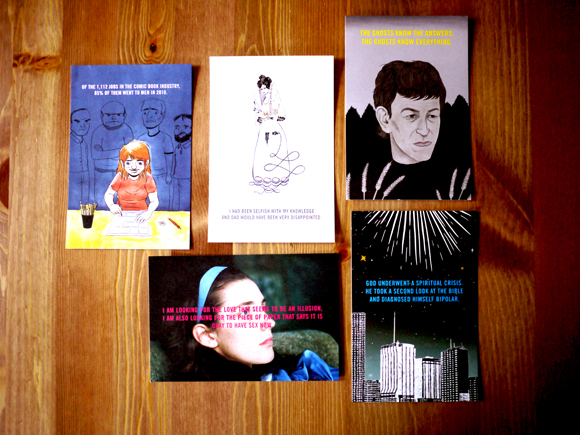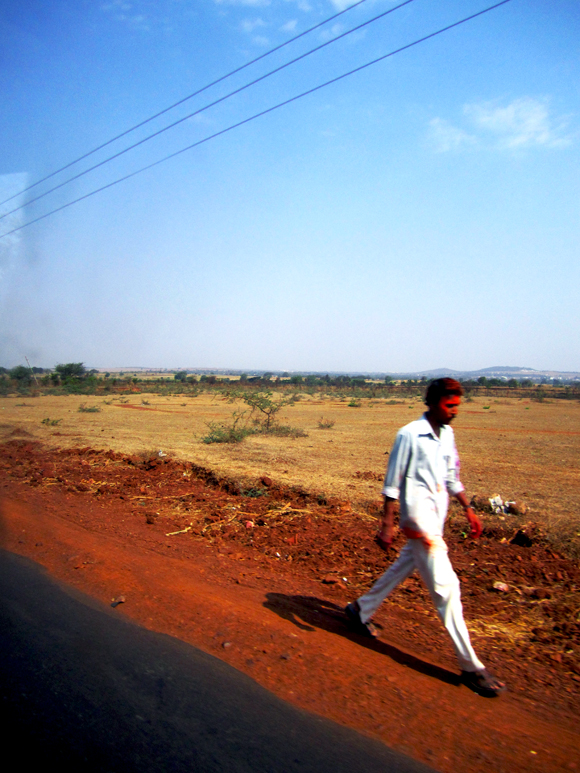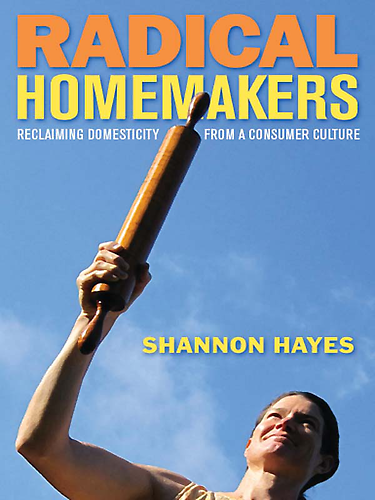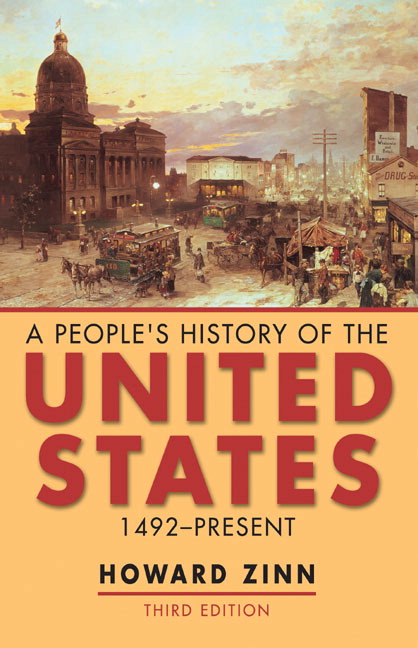Hey folks. We’re slowly coming out of a hiatus over here. I hope to be posting more frequently in the coming weeks and basically shaking off the dust. I wanted to let y’all know about a new project that will be going live on the site next week.
I’m a Joe Meno fan. One of the highlights of my time spent pursuing the idea of creative writing was taking a class with Joe. Until that point I hadn’t spent any extended period of time with anyone who’d focused so heavily on the process of storytelling than Joe, nor had I spent time with anyone who’d executed their writing so successfully. Joe lives storytelling. He has breakthroughs with the frequency that most people have sneezes. He’s constantly finding new ways to show moments of tenderness, honesty, hilarity, despair, charm, fear and connection to an audience of folks trying to make sense of the world and the people in it.
At the end of the month Joe will be releasing a new novel called Office Girl. Because Joe is a great guy, he reached out to me to see if I wanted to help promote his book. I said yes before he could finish his sentence.
In the next four weeks we’ll be serializing the first section of Office Girl here on the Annalemma site accompanied by original images from four different artists. I’m really excited about this project, Joe’s writing has the tendency to stick with me like an old friend and the section he’s sharing with us is no exception. In the mean time, click on over to the Akashic Books site for more info and give a look-see at these here blurbs:
Publishers Weekly pick of the week:
In Joe Meno’s new novel, set in the last year of the 20th century, art school dropout Odile Neff and amateur sound artist Jack Blevins work deadening office jobs; gush about indie rock, French film, and obscure comic book artists; and gradually start a relationship that doubles as an art movement. They are, in other words, the 20-something doyens of pop culture and their tale of promiscuous roommates, on-again/off-again exes, and awkward sex is punctuated on the page by cute little doodles, black and white photographs (of, say, a topless woman in a Stormtrooper mask), and monologues that could easily pass for Belle & Sebastian lyrics (“It doesn’t pay to be a dreamer because all they really want you to do is answer the phone”).
Booklist (starred review):
Meno has constructed a snow-flake delicate inquiry into alienation and longing. Illustrated with drawings and photographs and shaped by tender empathy, buoyant imagination, and bittersweet wit, this wistful, provocative, off-kilter love story affirms the bonds forged by art and story.
Kirkus Reviews:
The talented Chicago-based Meno has composed a gorgeous little indie romance, circa 1999…A sweetheart of a novel, complete with a hazy ending.
Marie Claire:
Cultural cred: Along with PBRs, flannels, and thick-framed glasses, this Millennial Franny and Zooey is an instant hipster staple. Plot notes: It’s 1999 and Odile and Jack are partying like it was…well, you know. Meno’s alternate titles help give the gist: Bohemians or Young People on Bicycles Doing Troubling Things. Cross-media: Drawings and Polaroids provide a playful, quirky element.
Michigan Avenue Magazine:
While Office Girl features illustrations by artist Cody Hudson and photographs by Todd Baxter, its real substance lies in the story itself. Set in Chicago right before the new millennium, Meno, a Chicagoan, explores the start of an art movement through the eyes of two twenty-something dreamers in this novel.
The Stranger, Seattle:
Office Girl might be Joe Meno’s breakthrough novel. Set in 1999, Office Girl tells the story of a pair of young, intelligent drifters who decide to start their own art movement. It’s a stripped-down experience of a novel which means Meno’s crystalline prose has a chance to shine.
Philadelphia City Paper:
Office Girl is a relatively simple love story: You know most of the beats and understand from the beginning how the story needs to end; the pleasure comes from the way Meno hits those beats, how he manages his characters and moments. And some of those moments are really excellent: Jack and Odile’s drift toward a first kiss, for instance, or their lovers’ conspiracy, mirrored in Cody Hudson’s naive drawings. And the heavier ideas that Meno stuffs into the corners around his self-consciously slight characters — like an ongoing struggle with sound and music that’s part of the last-act climax — give the book weight.













